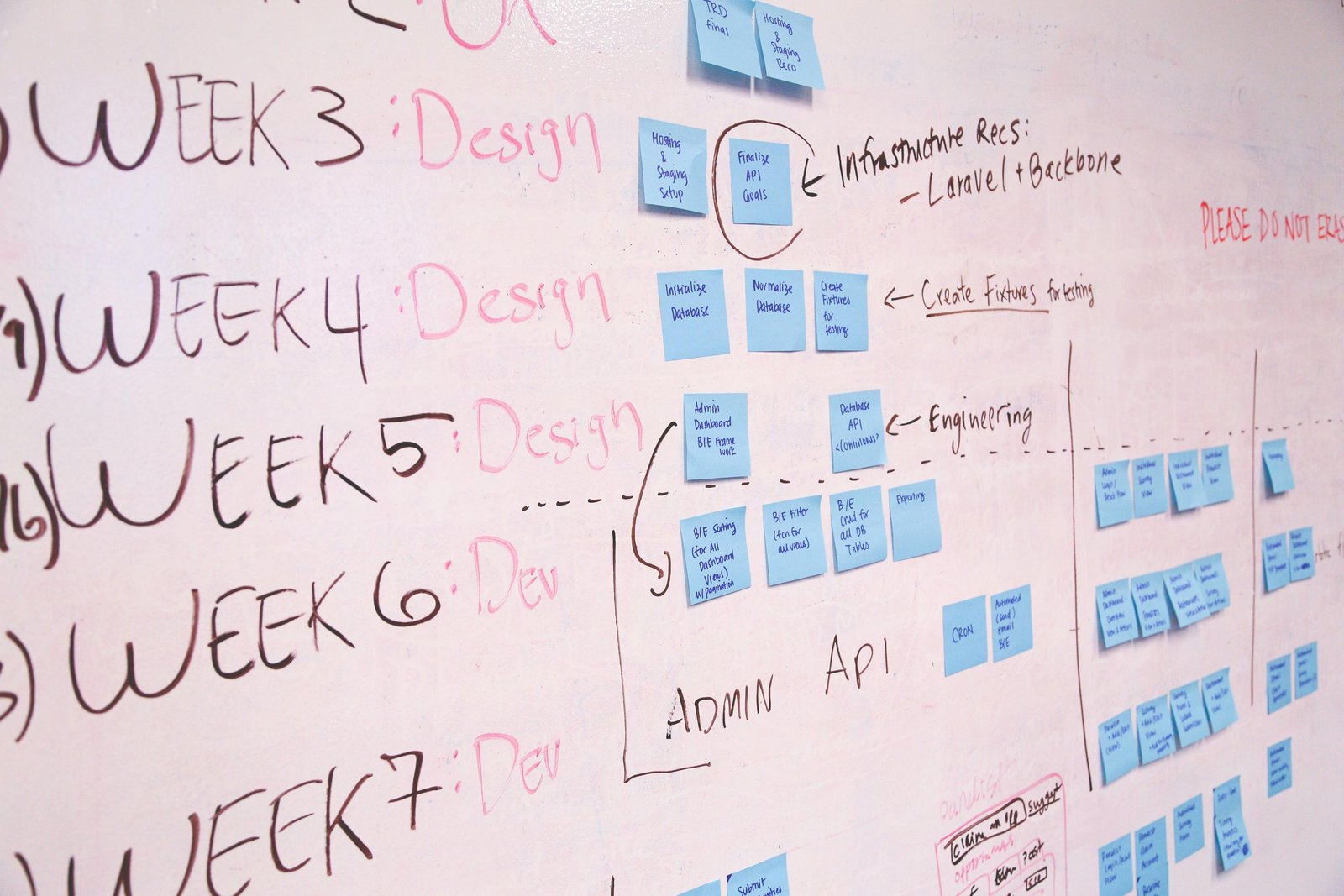5 effective techniques for managing complex projects in the IT sector
Managing projects in the information technology (IT) sector can be particularly challenging, especially when dealing with complex projects involving multiple teams, tools, and technologies. IT projects require meticulous coordination, smooth communication, and rigorous risk management to succeed. This article explores five proven techniques for effectively managing complex projects in this sector.
1. Agile Project Management
The agile approach has become a standard in software development due to its ability to quickly adapt to changes and deliver continuous results. Unlike traditional methods such as the V-model or waterfall model, agile emphasizes flexibility, collaboration, and rapid delivery of value.
- Adaptability to change: Agile allows priorities to be adjusted with each iteration.
- Continuous delivery: Projects are divided into sprints, enabling the delivery of functionalities.
- Increased collaboration: Agile encourages constant communication between teams and clients.
Implement frameworks such as Scrum or Kanban with cross-functional teams to manage multiple aspects in parallel.
2. Stakeholder Management
In complex projects, the number of stakeholders is often high. Managing expectations and maintaining clear communication are essential.
- Stakeholder map: Identify key actors and their level of involvement.
- Communication plan: Establish a plan with regular reports and follow-up points.
- Expectation management: Ensure transparency about the project’s status and challenges.
3. Risk Management
Complex projects are exposed to various risks. Proactive risk management is essential.
- Early identification: Use a risk matrix to assess their impact.
- Mitigation plan: Develop measures to reduce the likelihood of risks.
- Continuous monitoring: Implement regular risk tracking throughout the project.
4. Using Collaborative Project Management Tools
Modern tools facilitate collaboration among geographically dispersed teams.
- Jira: Manage tasks and track agile sprints.
- Asana or Trello: Organize tasks and track progress.
- Slack: Enable smooth communication between teams.
- Microsoft Teams: Centralize collaboration with messaging and file-sharing features.
Integrate these tools to receive notifications and quickly resolve issues.
5. Resource and Budget Management
Effective resource management is crucial to avoid budget overruns.
- Resource planning: Identify the necessary skills for each project stage.
- Budget tracking: Use financial indicators to monitor expenses.
- Workload balancing: Use tools to distribute work evenly across the team.
Conclusion
Managing complex projects in the IT sector requires a combination of effective methodologies, appropriate tools, and rigorous stakeholder and risk management. By adopting these five techniques, you can maximize your chances of success, deliver projects on time, and stay within budget while maintaining high quality.








